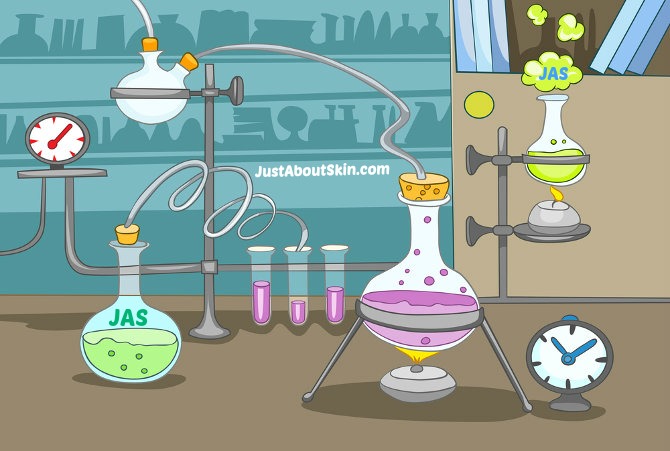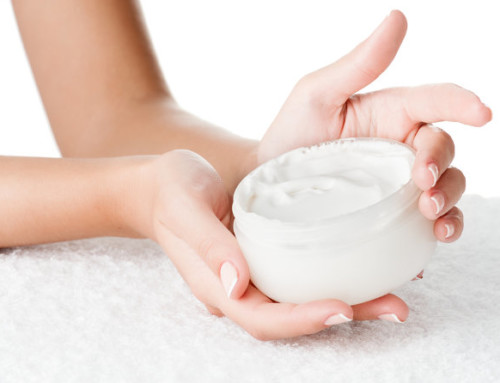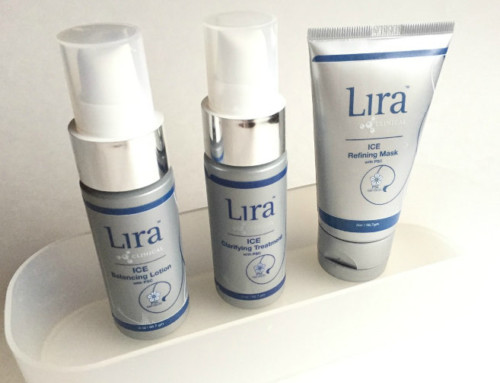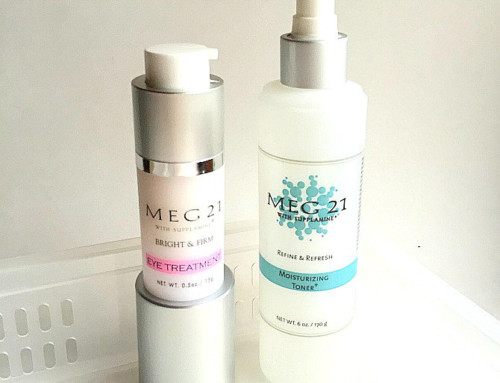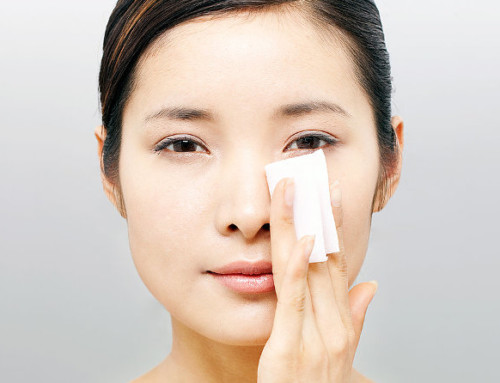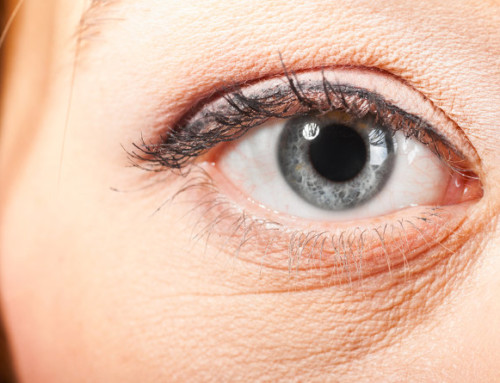Ever get the sense that there are many copycats in skincare? These days, I’ll walk into a Sephora, pick up a new serum that has just launched, and it smells, looks, or feels exactly like a competitor’s!
It’s no coincidence. Of course, copycats are not new or unique to skincare. Copycatting happens in every industry. But more than ever before, I’m seeing more of it in skincare. And it’s not just a case of simple copying. It’s also where they’re made, which is the topic of today’s post.
A Recent Conversation With The Founders Of iS Clinical
I recently had the pleasure of meeting the founders of iS Clinical, Alec Call and Bryan Johns.
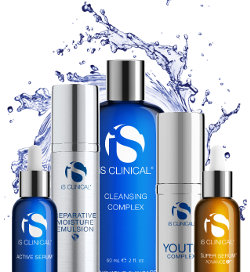 They were very engaging and informative. I especially had fun chatting with Bryan about the science behind their formulas. Bryan is an experienced biochemist and skin scientist with a long-time research focus on aging.
They were very engaging and informative. I especially had fun chatting with Bryan about the science behind their formulas. Bryan is an experienced biochemist and skin scientist with a long-time research focus on aging.
We talked for a while about a range of topics, from their clinical and basic science research projects to controversial topics such as Hydroquinone and the formulation challenges of making protective but comfortable sunscreens.
What Alec told me about their manufacturing process stood out and inspired me to write this post. It’s a topic rarely talked about in the media, and you might find it interesting.
Outsourced Contract Manufacturing
iS Clinical manufactures its own products. What this means is they own their own factory and control the production process from beginning to end.
You may be wondering, what’s the big deal about this? Isn’t that what all manufacturers do?
Well, actually it’s a big deal. Many skincare companies don’t do this. In fact, many skincare companies, even large brands you are familiar with, outsource production to a third party contract manufacturer.
Furthermore, some companies don’t even do their own product development (creating the formulas). They hire a contract manufacturer to develop their formulas and maybe even handle production and packaging too. Private label products (such as a line sold by a skin professional with their name as the “brand”) are either pre-made formulas or custom made formulas.
 In theory, you could hire a contract manufacturer to create a brand new skincare line from scratch, and you wouldn’t have to do a single thing (except pay them)!
In theory, you could hire a contract manufacturer to create a brand new skincare line from scratch, and you wouldn’t have to do a single thing (except pay them)!
Now imagine, if many of the brands you know today are outsourcing development to a third party, what do you think happens? Is it possible for every one of those brands to have a unique product? Unlikely.
As you can imagine, the number of contract manufacturers in the industry is small relative to the number of the brands. This is partly why some of the products today may feel, smell, or look similar.
The Advantages Of In-House Manufacturing
So now that you know more about third party contract manufacturing, let’s go back to iS Clinical’s in-house manufacturing.
Alec explained that they keep production in-house in order to maintain quality control over the manufacturing process and ensure that their products are made exactly to specification.
While there are many benefits to businesses who need the services of a contract manufacturer, unfortunately some contract manufacturers might not follow every single step in the manufacturing process exactly the way the company wants it done. Especially if the process is laborious, and doing something a different way or shaving off a step means saving time.
And worse, I have heard complaints from a few manufacturers that raw materials made be substituted. For example, not use an ingredient from the exact supplier (chemical company) that is specified. Common ingredients are available from multiple chemical suppliers. There are different qualities and grades of ingredients. Although an ingredient from two different suppliers may be the same ingredient, they may not behave the same way. This can affect the performance or efficacy of the product.
iS Clinical is one of the few completely private brands remaining in the industry. It is 100% controlled by the company, with no outside investors. Alec says that staying private is a strategic business decision. Maintaining control over how they make their products is extremely important to them. They want to ensure the highest quality and not be forced into taking cost-saving measures. For example, a few of their ingredients are extremely expensive, but they use them anyway because they’re very good.
Most of the skincare industry has undergone extensive acquisition and consolidation in recent years, with large companies gobbling up smaller brands and bringing them into their large portfolio of beauty brands. LVMH and Estee Lauder are examples. (By the way, this is another reason products may seem similar.) Even the large professional brand Dermalogica was acquired by Unilever earlier this year. Private equity firms have bought many of the small brands too.
When you have an investment firm or large parent company looking over your shoulder, profits – not necessarily quality – is the first priority.
The Lack Of Regulation In The Industry
Although more competition is ultimately better for consumers, I have always bemoaned the lack of regulation in the cosmetics industry. It is way too easy for anyone to make skincare. There are virtually no barriers to entry. If you have the funds, you can create and sell skincare. (The FDA doesn’t requires qualification, registration, or inspection before skincare products are sold.)
I also think there are way too many brands in the industry, and moreover, too many brands without adequate expertise in skin science and chemistry to make truly effective and safe products.
iS Clinical isn’t the only professional brand that handles its own production. Some other brands that I have featured on this site do too (Revision Skincare, Lira Clinical, Circadia by Dr. Pugliese). But the main reason that I have chosen to highlight them today is because they are so focused on the science of skin.
I love that the company conducts clinical and basic science research, and collaborates with other scientists around the world. They test their products scientifically. A clinical study is a real, independent, unbiased clinical study.
I also like how they talk about products with their business customers (physicians and skin professionals), using precise medical and scientific vocabulary. It is clear they understand the complexities of skin. Like getting ingredients not just to specific layers of the skin, but also to specific cells and parts of a cell.
Are You More Savvy Now?
Hopefully you’re not starting to snooze by too much technical-talk. If you’ve made it this far, hooray! I hope you’ve found the discussion of contract manufacturing helpful.
When I first became aware of contract manufacturing, it made me a lot more cautious about new brands. It takes years to develop the expertise to make great formulas. A new brand that pops up from nowhere is most likely utilizing the expertise of someone else. And if that expertise has been shared with other business customers, chances are the products aren’t all that unique.
I like to think it also made me a savvier shopper. Less gullible to strongly persuasive marketing, beautiful packaging, or the novelty of something being new or different.
It isn’t just about whether something works well though. It’s also about safety. Are the ingredients working together in a way that is safe for skin? A good example – unstabilized ascorbic acid in a watery serum packaged in a clear, glass bottle. A disaster before it even makes it to your skin (it oxidizes super fast). These products are out there! Made by inexperienced or irresponsible companies.
 Anyhow, the main point I want to make is this – when you evaluate a brand, look at the background of the founders and how they manufacture their products. If you know they own their production facility, it’s a very good sign. Running a factory isn’t cheap. A company won’t bother investing in one if it doesn’t have a good reason to, like keeping formulas proprietary or controlling quality.
Anyhow, the main point I want to make is this – when you evaluate a brand, look at the background of the founders and how they manufacture their products. If you know they own their production facility, it’s a very good sign. Running a factory isn’t cheap. A company won’t bother investing in one if it doesn’t have a good reason to, like keeping formulas proprietary or controlling quality.
Although I don’t use drugstore skincare, I happen to like large consumer packaged goods companies, such as Proctor & Gamble, Johnson & Johnson, and Unilever. They don’t have advanced or potent skincare products, but they own their own factories, have good scientists, strong business protocols, and strict safety standards.
And best of all, they’re really bureaucratic, which means everything they do has to be tested and re-tested a million times and run by the lawyers. This is a good thing when it comes to anything that touches the inside or outside of our body! Like drugs, skincare, and food. On the flip side, it also means they are slow to change. But that’s a different story..
Ok, that’s it for this week. Till next time, hope you’re having a good skin day!
Want posts delivered straight to your inbox? Sign up for the weekly newsletter here.

